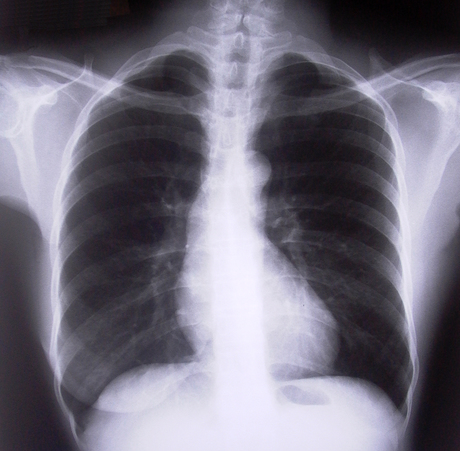Paranta Biosciences commences cystic fibrosis trial

Australian biopharmaceutical company Paranta Biosciences has successfully closed a $7 million financing round, which it will use to fund the development of treatments for lung diseases.
Funds raised from the fully subscribed capital raising will be used to progress Paranta’s two major opportunities to harness the therapeutic properties of follistatin — a naturally occurring glycoprotein which is a critical regulator of multiple cellular, inflammatory and fibrotic pathways within the body.
Paranta’s main program is focused on developing PB01, a form of recombinant human follistatin, for treating inflammatory and fibrotic lung diseases — with the company targeting cystic fibrosis as its lead indication. The company last month commenced enrolment of healthy male volunteers in the first clinical study of inhaled PB01 — a randomised, double-blind, placebo-controlled phase I clinical trial performed in three stages.
The first two stages will be conducted at CMAX in Adelaide to evaluate the safety, tolerability and pharmacokinetics of single and multiple ascending doses of PB01. The third stage, expected to be conducted in January 2016 in Manchester, UK, will investigate the effects of a single dose of PB01 on lung inflammation.
“The commencement of this first in-human clinical study marks an important milestone in the development of inhaled PB01 as a novel and potentially transformative biotherapeutic for treating neutrophilic lung disease, including cystic fibrosis,” said Paranta CEO Ross Barrow.
“We have demonstrated excellent anti-inflammatory and antifibrotic properties of PB01 in preclinical studies. Importantly, in non-clinical safety studies we have also shown that PB01 is a very safe and well-tolerated compound possessing an exceptionally benign toxicological profile. Based on our preclinical efficacy and safety data, PB01 has the potential to be a major advance for the management and treatment of cystic fibrosis lung disease.”
Paranta’s second program is focused on the development of intravenously administered PB01 as a chemotherapy-sensitising agent for use in the treatment of cancer. This program is based on a recent discovery by researchers at the Hudson Institute of Medical Research, with Paranta having obtained exclusive rights to commercialise the technology. The program is in preclinical development, with promising results said to be achieved in laboratory in vitro and in vivo studies.
Brain cells mature faster in space than on Earth
Microgravity is known to alter the muscles, bones, the immune system and cognition, but little is...
Fetuses can fight infections within the womb
A fetus has a functional immune system that is well-equipped to combat infections in its...
Gene therapy reverses heart failure in large animal model
The therapy increases the amount of blood the heart can pump and dramatically improves survival,...




